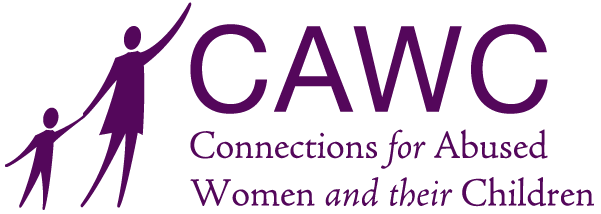Domestic violence is a complex phenomenon. When it occurs, it can rarely be attributed to a single cause; rather, abuse typically sits at the nexus of a complicated network of risk factors. One of the most common of those risk factors is substance use. Here, we’ll explore the relationship between domestic violence and substance abuse.
The Role of Substance Abuse in Domestic Violence
Research has shown a clear link between drugs and alcohol and domestic violence. Around 40%-60% of reported domestic abuse situations involve alcohol or drug use. One meta-analysis found that individuals with a drug use disorder are four to ten times more likely to perpetrate violence than non-drug users.
There are a few potential explanations for this relationship. Drugs and alcohol are both consciousness-altering substances, and can result in behavioral changes such as increased aggression, impaired judgment and cognitive function, and lower inhibitions and self-control. All of these can contribute to violent behavior, particularly when paired with other risk factors for domestic violence.
Sadly, substance abuse often affects people on both sides of the abuse paradigm. It’s not uncommon for survivors of domestic violence to turn to alcohol or drugs in order to cope with the trauma they’ve experienced.
Distinguishing Cause and Correlation
However, it’s important to note that although alcohol and drugs and domestic violence frequently co-occur, substance use alone does not cause domestic violence. Not everyone who commits abuse uses drugs and/or alcohol; conversely, not everyone who uses drugs and/or alcohol commits abuse. Rather, substance use makes it more likely that someone with abusive tendencies or other risk factors will commit violence.
At Connections for Abused Women and Their Children (CAWC), we believe that everyone has a right to a life free of violence. Our mission to end domestic violence is rooted in education, service, and advocacy. In addition to working toward broader social change, we provide empowerment-based and trauma-informed support in the form of shelter, counseling, and advocacy to individuals affected by domestic violence and their children. If you or someone you know is struggling with domestic violence, don’t hesitate to call our 24-hour hotline at (773) 278-4566. To support our work, consider volunteering or donating.
